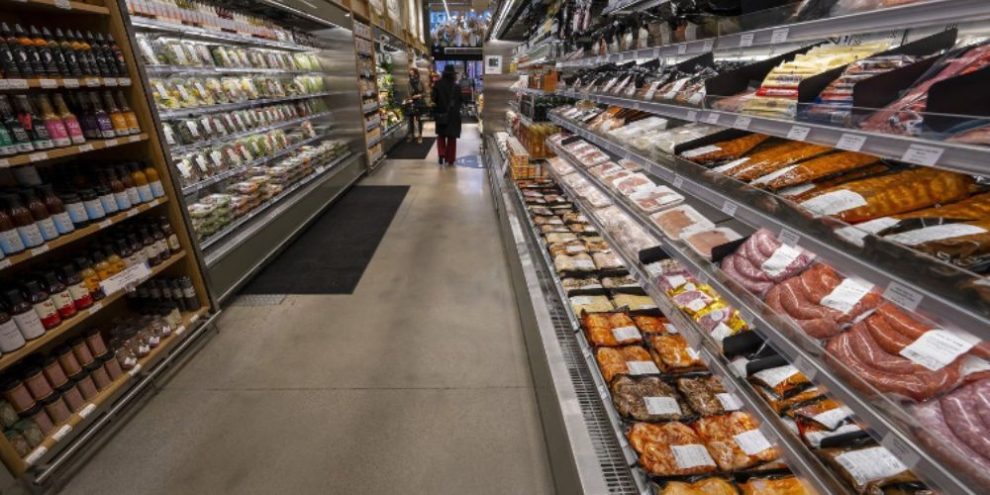
With ongoing tariff disputes between Canada and the United States, many are encouraging Canadians to prioritize local products. But is "Buy Canadian" always the best economic strategy? Barrie 360 spoke with Dr. Sylvain Charlebois, a professor of food distribution and policy at Dalhousie University, to explore the complexities of this approach.
Canada's Trade Dispute History
Historically, Canada has managed trade wars through diplomacy, diversification, and domestic policy changes. Canada's approach has largely been to adjust and adapt rather than engage in prolonged economic battles.
The Upside and Downside for Canadian Food Producers
In the short term, trade barriers that make imports more expensive could boost demand for Canadian-grown food. However, Dr. Charlebois warns that retaliatory tariffs and supply chain disruptions could increase production costs, making Canadian food less competitive on the global market. If tensions with major trading partners such as China or the U.S. intensify, key Canadian exports—like canola, pork, and seafood—could suffer, negatively impacting farmers and food processors.
The "Buy Canadian" Debate
While supporting local agriculture benefits domestic farmers and strengthens the economy, there are trade-offs. Canadian-grown products can be more expensive due to labour and regulatory costs. Overemphasizing "Buy Canadian" without considering trade relations with other countries may invite retaliatory measures, further straining exports and increasing costs for consumers.
Advice for Canadians Amid Trade Tensions
Dr. Charlebois recommends that Canadians stay informed about trade policies and their effect on food prices. Instead of relying on national loyalty alone, consumers should base their purchasing decisions on quality, value, and sustainability. On the policy side, continued investment in food production innovation and market expansion will help keep Canadian products competitive in both domestic and international markets.





